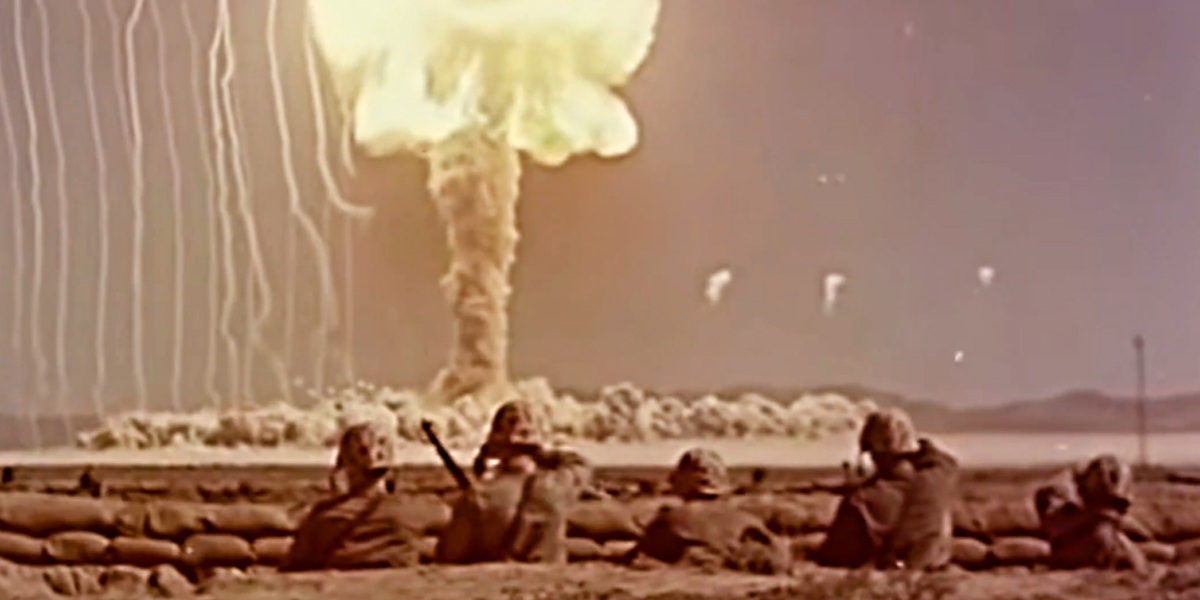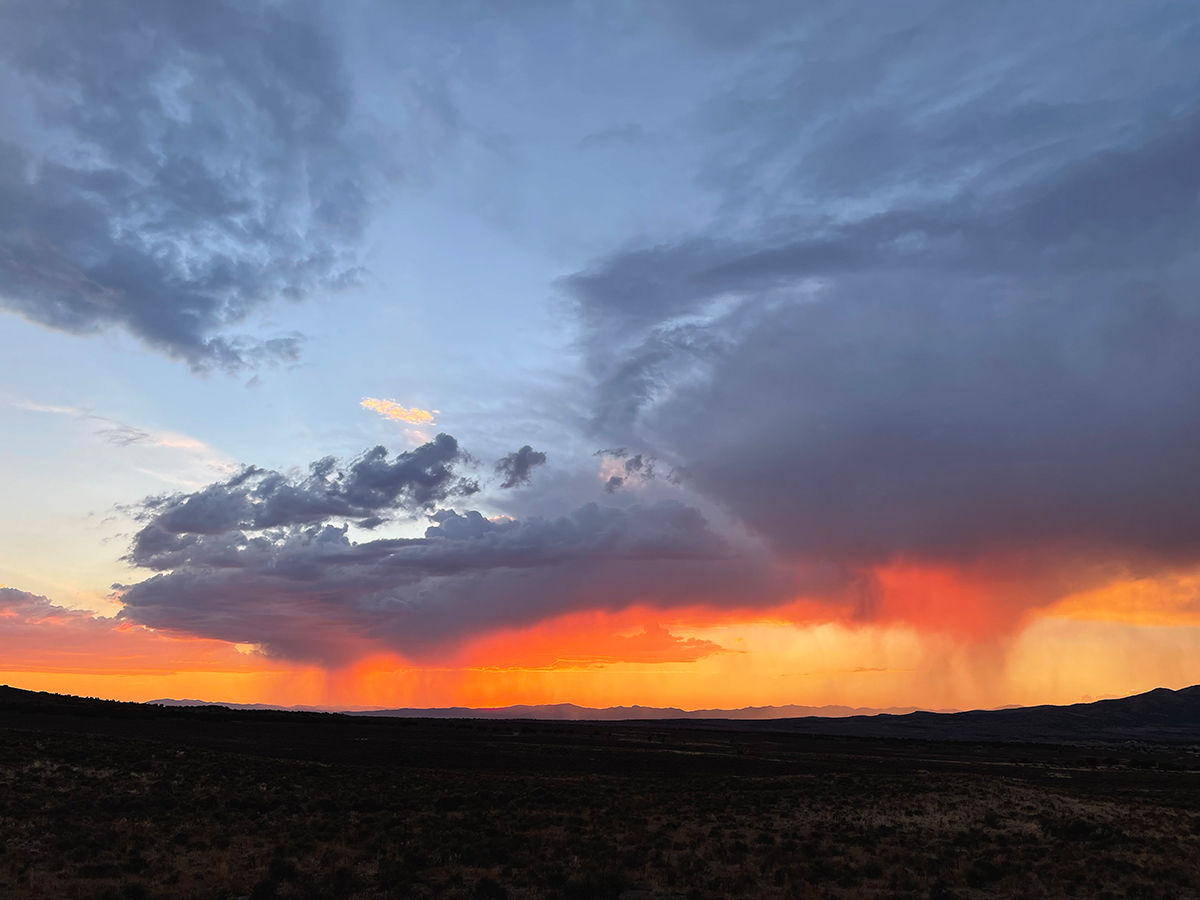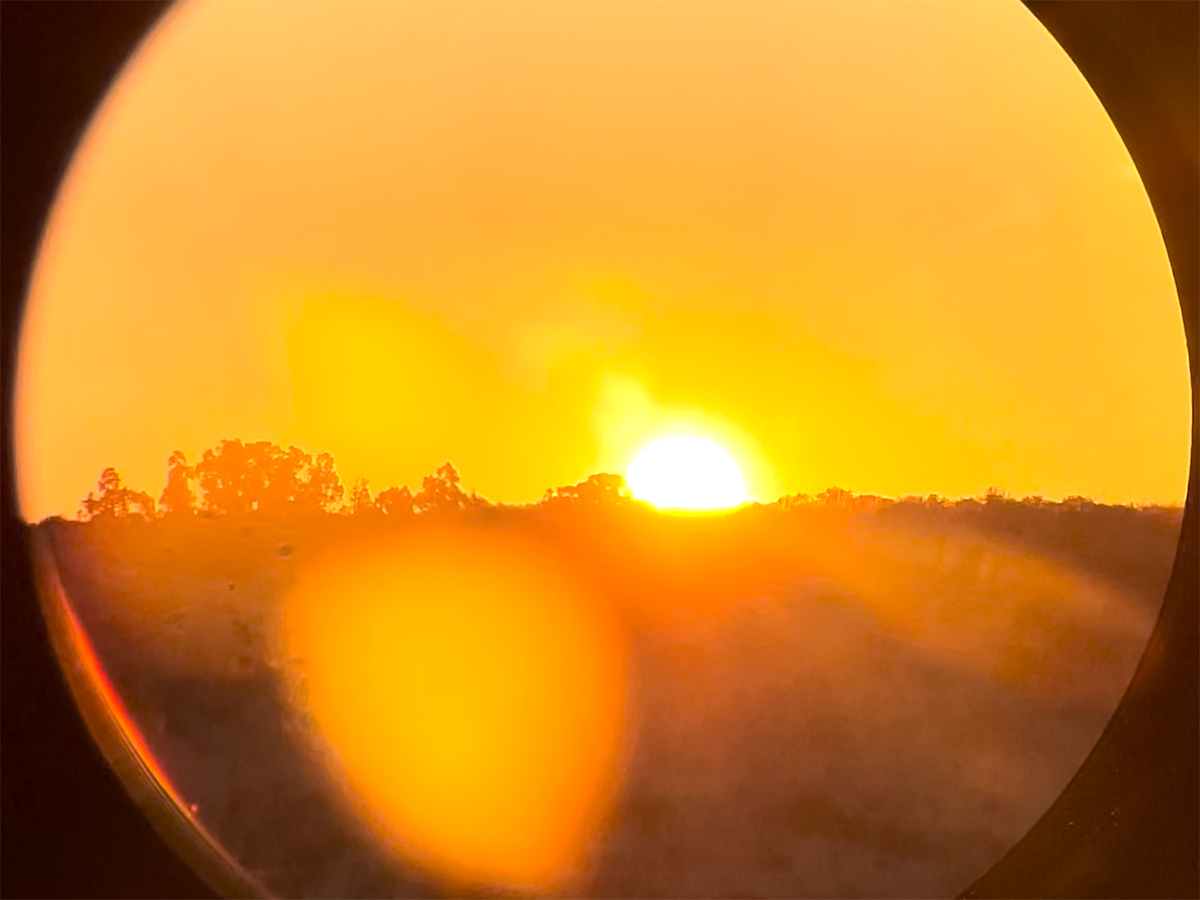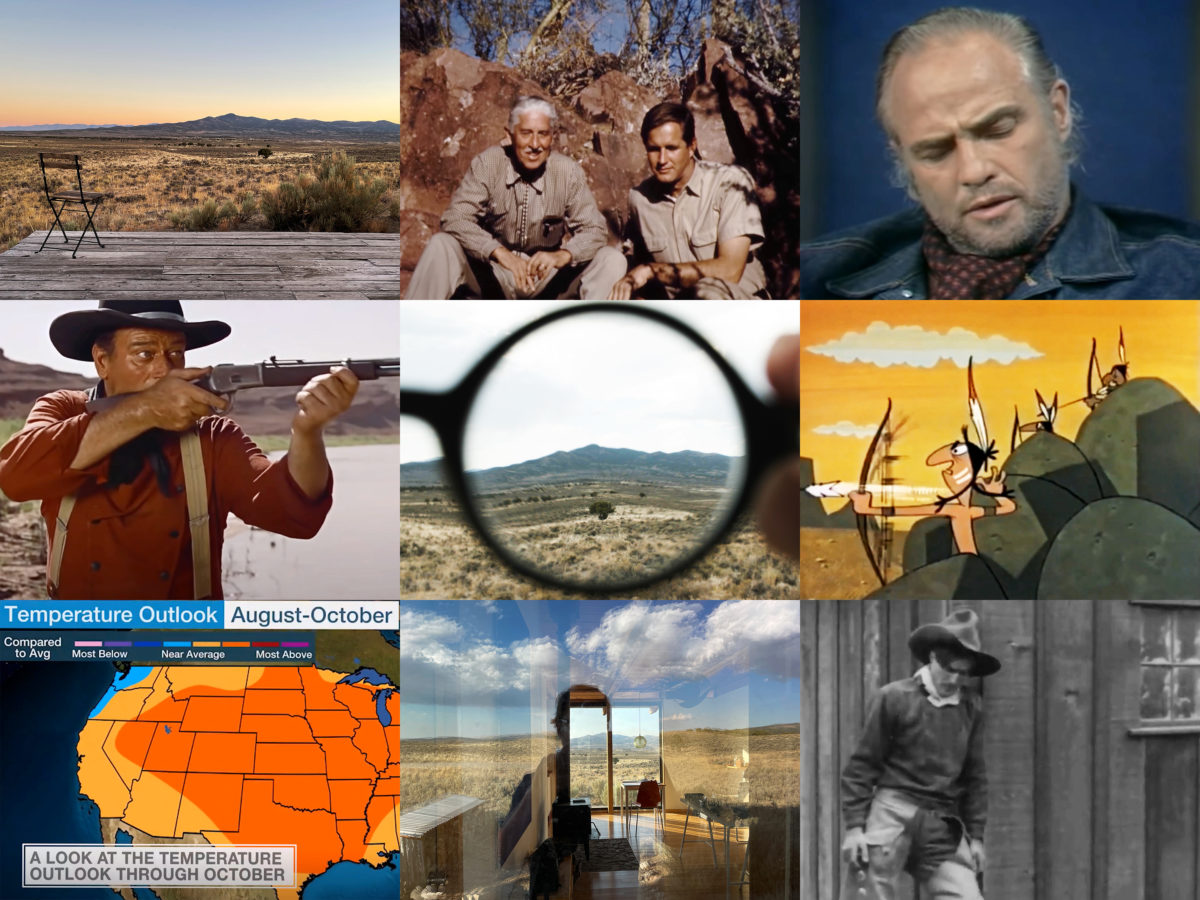
Faculty Grant series: Prof. Eric Weeks goes off-grid for Montello residency
Friday, September 2nd, 2022
Prof. Eric Weeks’ summer Montello Foundation art residency took him about 2,300 miles west, down a 20-mile dirt-and-stone road and into Nevada’s Great Basin Desert. It pulled him out of cellphone range and off the power grid, leaving PCA&D’s Photography & Video Chair to rise with the sun, work solo, and completely focus.
And, Weeks says, it was a tremendously inspirational, productive, and transformational experience.
“The residency … offered a counterpoint to my usual metropolitan experiences,” says the resident of New York and Lancaster cities. “I have made three short films since 2020 that are about urban civilization, so I wanted to try to work in an environment absent of humanity.”
Weeks’ Faculty Research & Professional Development grant, he says, allowed him to concentrate resources on costs other than travel.

Photo by Eric Weeks
What your goal was going into the residency?
Eric Weeks: My original goal in attending the residency was to find solace in nature, and to make a short film that was completely devoid of people. A few months before I left for the residency, I began working on the project by reading and researching the Great Basin Desert, and my ideas changed dramatically.
The project, with the working title Basin & Range, has components that include a short film, a book, and possible prints that address climate change, the severe drought in the West, gun culture, the military’s use of the basin and range of Nevada, cultural stereotypes, and my own experiences in this remote area.
I am compiling together my own imagery of the desert with appropriated short clips from Mutual of Omaha’s Wild Kingdom, recent weather footage, as well as historic Westerns and cartoons, in order to speak to the place and its cultural significance. By leaving the bustle of human civilization for a short time, I have found perspective to make work that comments on it.
What other influences are impacting this work?
EW: Bruce Conner’s short films are very much informing my current work. Starting with his first film “A Movie “(1958), Conner appropriated found footage and montaged disparate imagery in order to speak about current culture and events, including the Cold War. Dara Birnbaum’s “Technology/Transformation: Wonder Woman” (1978), a re-edit of television’s Wonder Woman footage, and Christian Marclay’s “The Clock” (2010), which consists of over 12,000 appropriated clips from the history of cinema, are also inspirations.
My short film will include a book component. The book will reference Pocket Western pulp fiction books from the 1940s and 1950s, appropriating the design and text of these books. The inside pages will collage stills and text from the film.

Photo by Eric Weeks.
Did your actual time at the residency meet your expectations? Diverge from them?
EW: I expected to enjoy my time at the residency, because I am someone who appreciates both nature and solitude. I was surprised by how much I delighted in these, and the routine I quickly established. I woke early each morning, by 5 am, to watch the sunrise and capture video using a Blackmagic Pocket Cinema Camera, a DJI Osmo, a GoPro, and an iPhone 12. By 9 am, I shut the windows and doors of the small building as the temperature rose to 95-100 degrees Fahrenheit. I spent from 9-5 reading, editing footage that I captured along with appropriated imagery I had recorded before I traveled, a little yoga and meditation, etc. After 5 pm, I opened the windows and headed outside for more video capturing into the evening hours, past sunset and dusk. It was a remarkable experience, having two weeks to practice making art without any interruptions from the outside world, including emails, Instagram, and everything associated with the internet!
What made this different from a typical artist residency?
EW: The Montello Foundation Residency is vastly different from most artists’ residencies in that it offers complete solitude, and a respite from civilization. Most residencies have a strong social component that fosters conversations and networking among attendees. I was networking with the vast expanse of sagebrush and the local cottontail rabbit community!
How do you see the experience impacting your work in the classroom, or your personal work?
EW: I have already discussed my experiences and my work at length with many students, and I plan to continue to share my thoughts and processes as I continue work on this project for the coming months.

A grid of images related to Prof. Eric Weeks’ project linked to his Montello Foundation residency and his PCA&D faculty grant.
